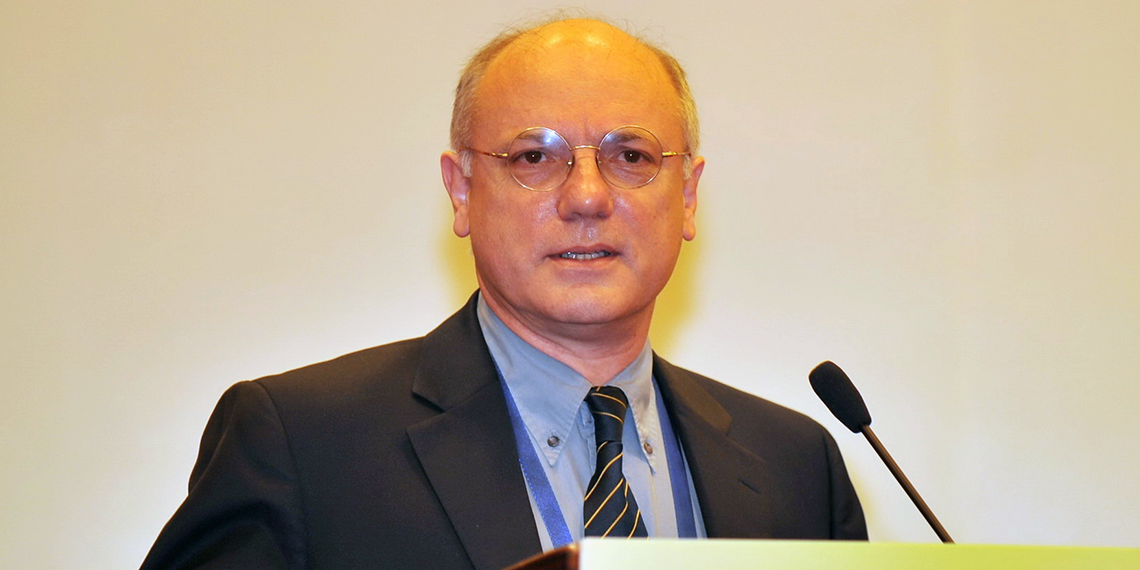Father António Vieira passed away in 1697. And since we enjoy forcing coincidences, 300 years later the death of the subservient concept of INESC Norte occurred – so that the phoenix could rise the following year embodying INESC TEC, albeit in the shy guise of INESC Porto. Liberating from regionalism is never an easy task, the times have the inconvenient propensity to impose less favourable solutions, under the argument of acceptability.
As a man of deeds, he wasn’t afraid to confront. With enlightened lucidity, he wrote:
We are what we do. On the days we do, we truly exist; in others, we merely happen.
This raw awareness guided the impetus of the generation that advanced the undertaking of creating an INESC of our own, able to project itself beyond the banks of the Douro River, to create and dare away from a narrow-minded neighbourhood.
Unaware of the Jesuit, we followed his example. Because he, a man of political and diplomatic thinking, of human and philosophical discourse, understood that ideas needed more than virtue to impose themselves: it was crucial to communicate. Ideas have no value in themselves, they gain value when others take hold of them. Therefore, with tenacity – or even ferocity – he placed his magic flair for writing and preaching at the service of ideas. In the airy Maranhão or in the dungeons of the Inquisition, he wrote unparalleled literary gems of imagination and reasoning. To read his sermons is to hear him exhort, it is hard to resist the conversion to the ideas he would propose.
For if INESC TEC was the deed to be done, BIP would be the voice – it was vital to reach out to others, to display what is in our nature and thus show who we are.
In the original concept, BIP was not meant as institutional – it became irreverent whenever possible. If the idea was to be effective, it could not be perceived as “his master’s voice”. Reading official press releases is boring, reporting with emotion is bold and interesting. Thus, the original format included a politically incorrect cartoon that lasted for many years and created not few controversies. But communication is just that: you only become real when people talk about you.
Like Father António Vieira, BIP crossed the oceans, reached other worlds, had a clear impact on other souls – an assertion of a planetary existence and an ambition to prevail, refusing to remain imprisoned within borders, the worst being of the mind.
After 250 editions, with distinct format, perchance adapted to newer times or customs, BIP no longer requires a proof of life. Father Vieira was relentless in his analysis:
The worst thing about bad habits is that they are habits: that is even worse than being bad.
This is why BIP should be a reflection of INESC TEC and unceasingly reinvent itself. Under fair winds and resuming the good course, BIP must not conform to a habit; it must embody the people’s voice, the outcry of the generations of the day that demand an INESC TEC that makes them proud.
I don’t believe they’re claiming for a wax statue. I think they’ll rather perceive themselves as the restless priest, the great thinker, the impenitent humanist, the pai açu (*), the utopian visionary who wrote the History of the Future.
(*) pai açu – “great father”, as Vieira was known in Brazil, expression in Língua Geral (General Language), evolution of indigenous Tupi under influence of the Portuguese, spoken in the 17th and 18th centuries as lingua franca.
Vladimiro Miranda, Associate Director




 News, current topics, curiosities and so much more about INESC TEC and its community!
News, current topics, curiosities and so much more about INESC TEC and its community!